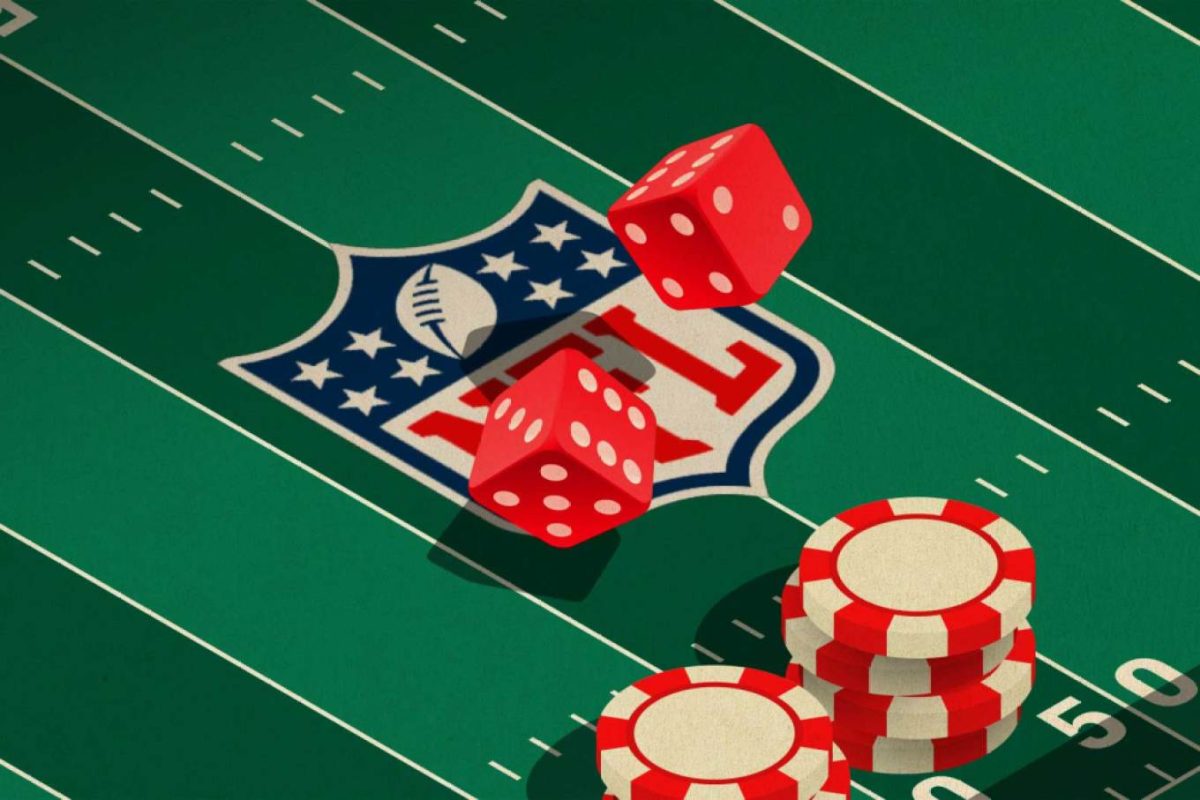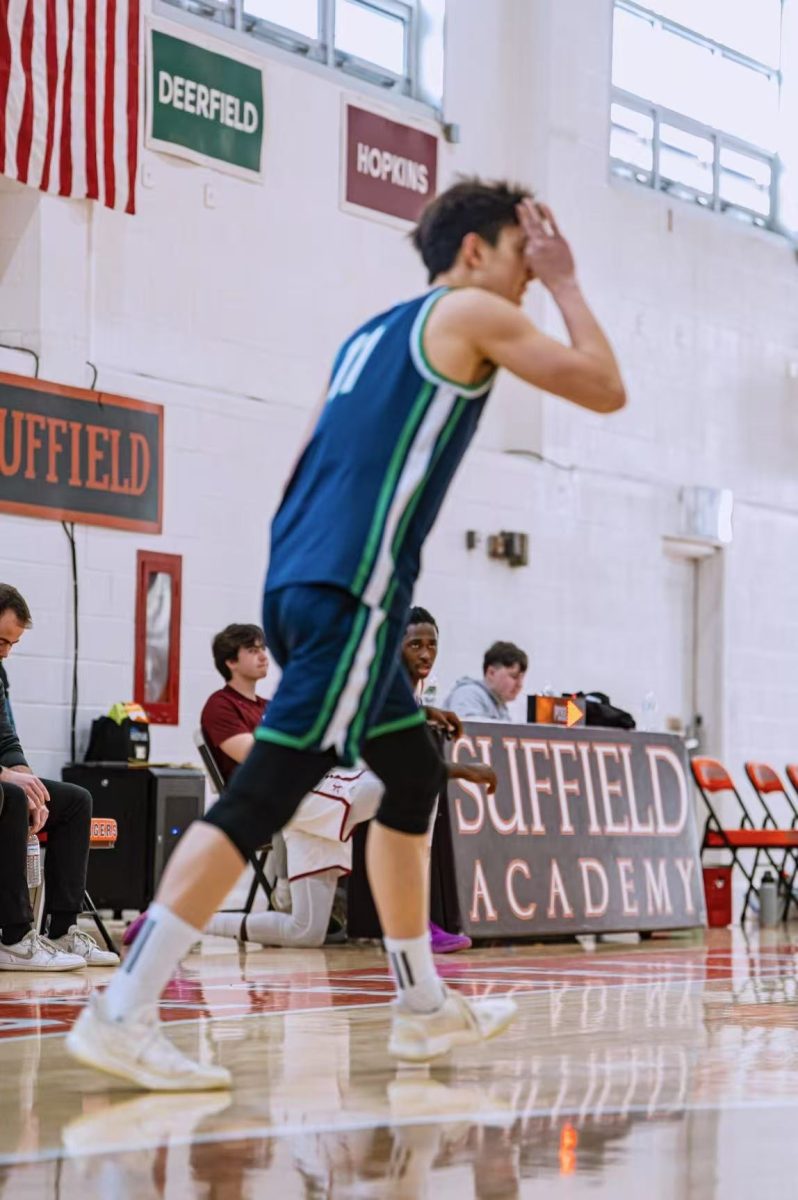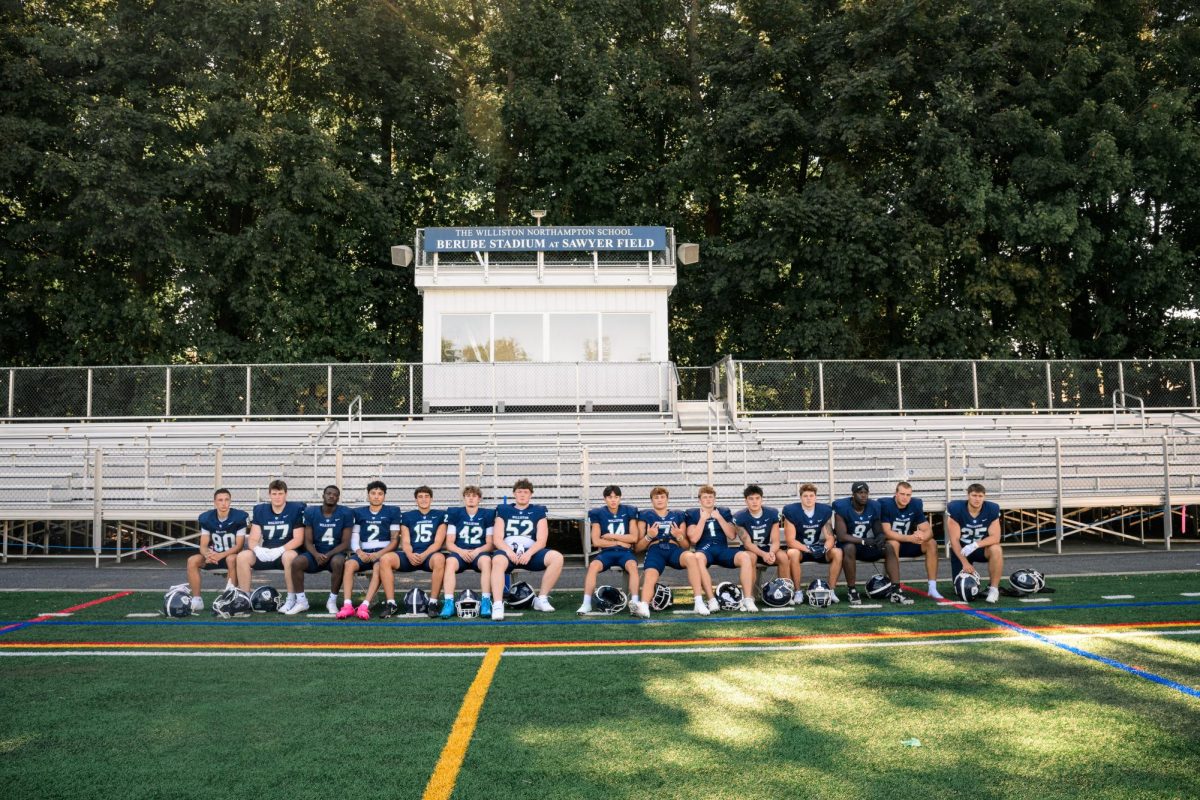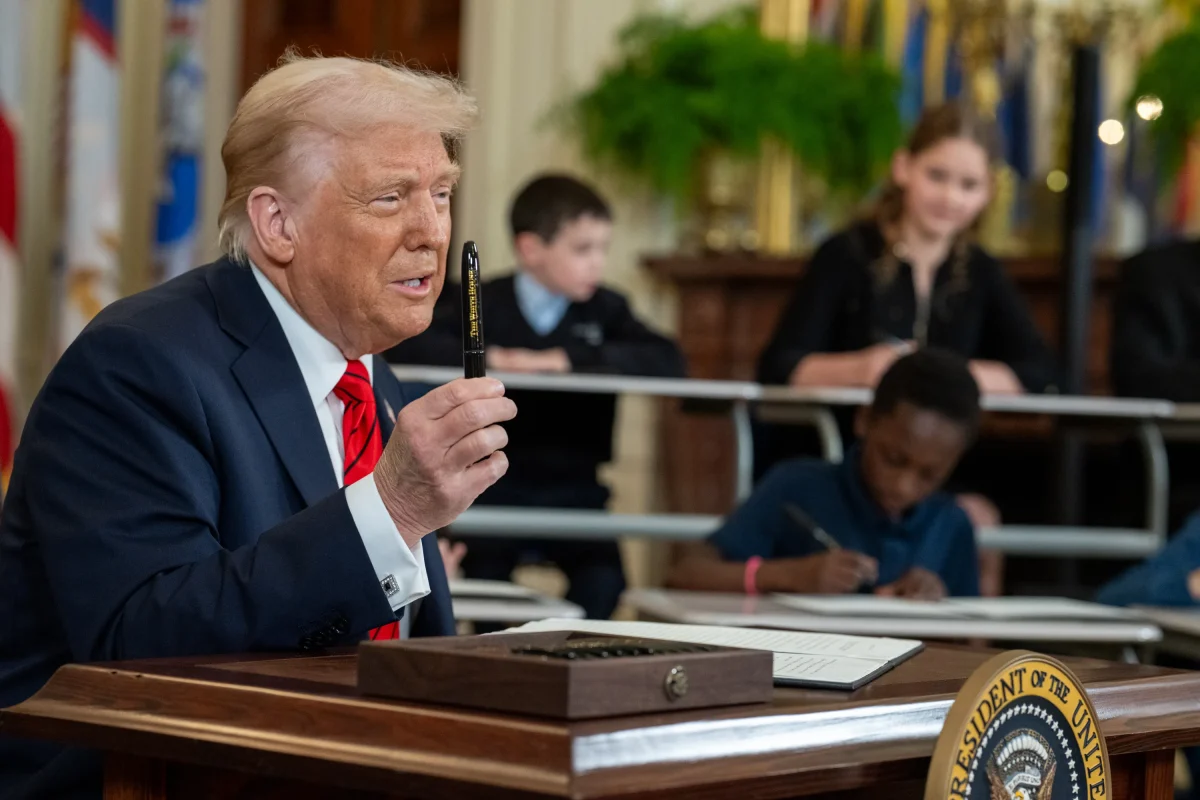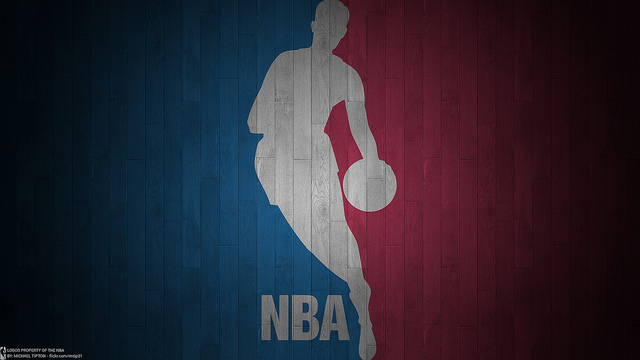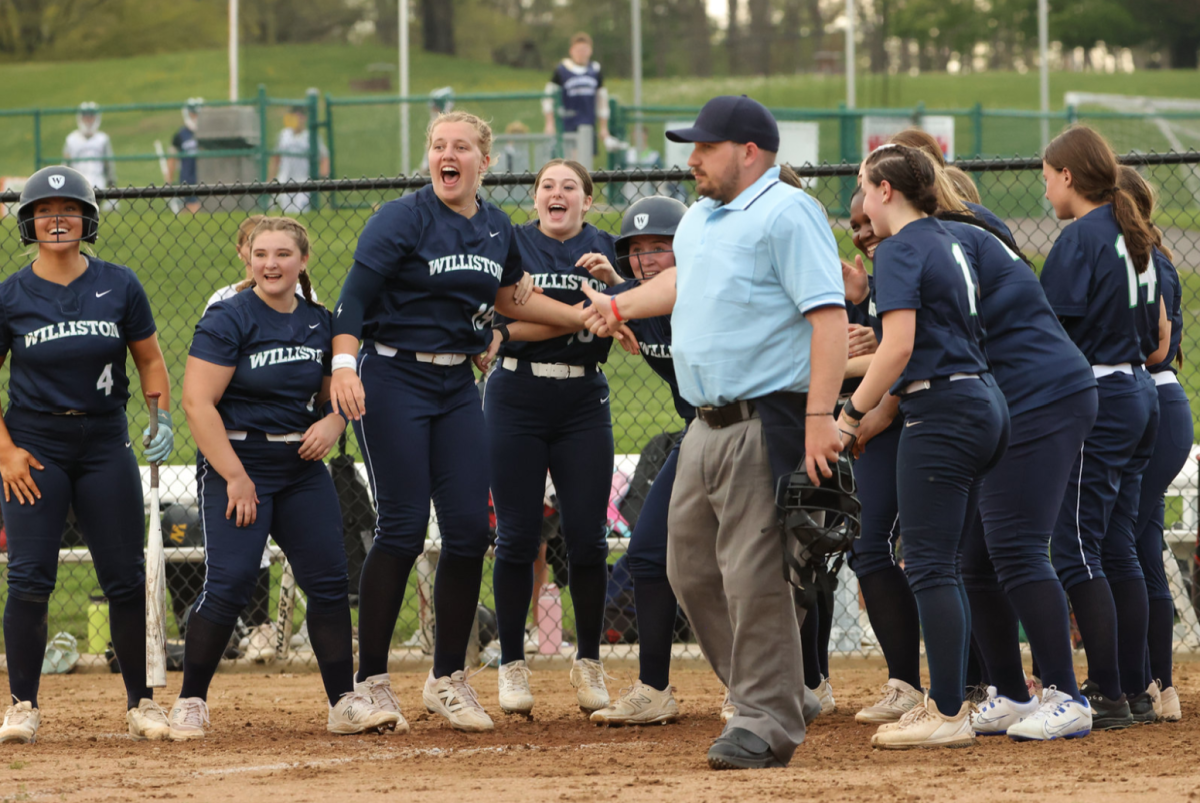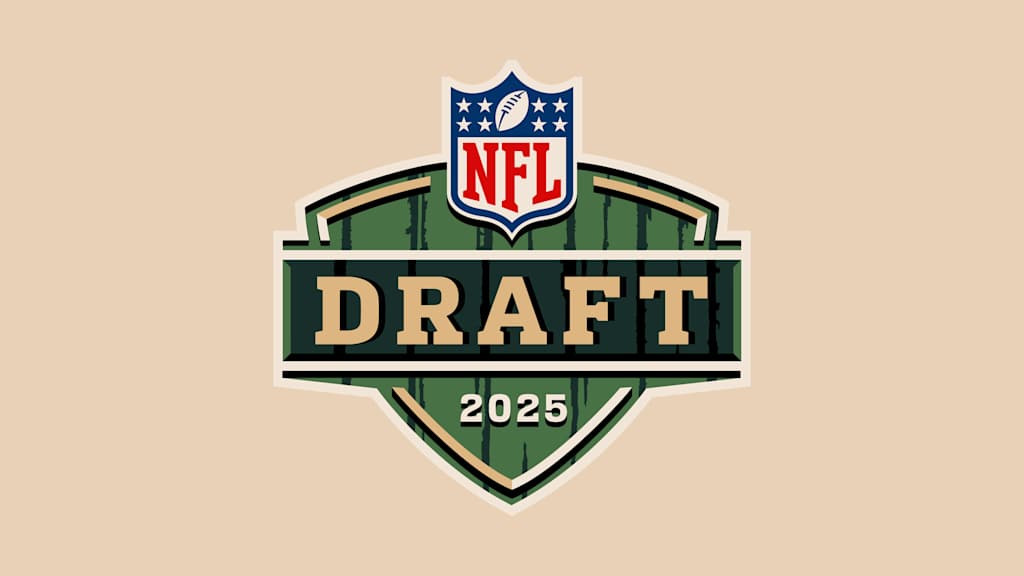As the NFL season begins this fall, sports betting makes a return for those who enjoy a little extra on the line while watching the games.
Sports betting is often popular around sports fans to spice up the game. Many fans chose to place money on teams or players they think will exceed expectations during their games. Sports betting is often done online through the use of common apps such as Prize Picks, Underdog, FanDuel, and more.
Sports betting was first legalized following a supreme court case, Murphy V. National Collegiate Athletic Association, decision in 2018 that declared The Professional and Amateur Sports Protection Act (PASPA) as unconstitutional, which struck down the federal ban and allowed each state to have their own betting policies.
Over time many states have legalized sports betting and made many rules and regulations surrounding it. As of 2025 thirty-nine states have some form of legal sports betting. Thirty one with online or mobile sports betting. Of these states 33 of them have the legal age as 21, while six of them have a legal age of 18. Rules are stricter when discussing college athletics.
National College Athletic Association (NCAA) has a strict no gambling policy for all their athletes to ensure that no foul play or cheating occurs in the games.
NCAA.org states, “If you are a student-athlete, coach or athletics staff member, regardless of sport or division, you are not allowed to bet or provide any useful information that can influence a bet in any sport the NCAA sponsors at any level.”
Additionally, Williston has similar no gambling policies that is enforced in many different ways. Williston’s Wi-Fi bans sites such as FanDuel a 31 billon dollar company, based out of New York City. Also banned is 2.24 billon dollar company from Atlanta, GA, PrizePicks. Williston even goes as far to ban free to play blackjack games that use fake money to play against robot dealers online.
In the Williston student handbook on page 29, under the heading “Gambling” the book says “The school prohibits gambling of any kind, including gambling over the Internet.”
Matthew Rodriguez, a two year boarding student residing in Ford Hall, believes that it’s should be allowed and that it’s the gambler’s choice.
Matthew states, ”It’s your money and you should be able to decided what to do with it. If you want to make bets you should be able to make bets. It’s your responsibility to be responsible with your money.”
Dean Ruksnaitis, a four year border and varsity football member, also supports sports gambling among the community, finding it entertaining.
For Ruksnaitis, it’s about, “the thrill of watching your money make more money,” he said. “It’s the best feeling ever when your favorite team makes you more money.”
Brooks Connors, the varsity football running back from Rye, NH, feels that sports gambling takes courage.
“Your losses do not define your wins,” he said. “A great gambler will never stop.”
Another rule for sports betting includes Proxy Betting, which is when a person who resides in somewhere where betting is illegal uses someone where betting is legal to make bets on their behalf.
An example of this rule being enforced was against Ottawa Senators forward, Shane Pinto. Shane was playing in the National Hockey League when he was caught for Proxy Betting. As a result he was suspended for 41 games which is half of the NHL season.



